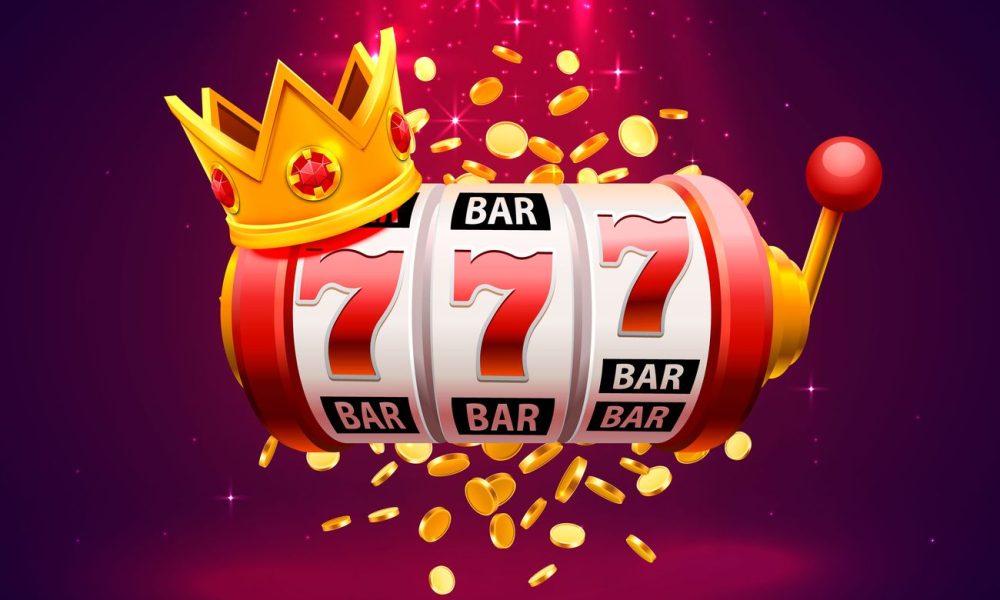Why does heads-up online poker require completely different strategies?

Heads-up poker fundamentally transforms game dynamics compared to multi-way tables, requiring complete strategic overhauls rather than minor adjustments to existing approaches. Hand values shift dramatically when facing single opponents instead of multiple competitors, making previously marginal holdings premium starting combinations. Position advantages amplify in heads-up situations, while blind pressure increases substantially since players post forced bets every hand rather than waiting through multiple opponents before facing blind obligations. Players adapting to heads-up formats often practice on sgpoker.com while developing comfort with aggressive playing styles required for heads-up success. This preparation proves essential since heads-up demands immediate strategic adjustments that differ entirely from ring game approaches.
Aggression level recalibration
Heads-up poker demands substantially higher aggression frequencies than multi-way games, where patient approaches often prove optimal. Players must bet and raise far more frequently since checking typically surrenders pot equity to observant opponents who capitalize on perceived weakness through relentless pressure tactics. This aggression requirement feels uncomfortable for conservative players accustomed to selective betting patterns appropriate for multiple opponent scenarios. The aggression adjustment extends beyond simple betting frequency increases into timing, sizing, and continuation patterns that prevent opponents from exploiting predictable tendencies. Successful heads-up players develop varied approaches to preventing opponents from gaining reads through repetitive actions while maintaining the pressure necessary for profit generation in two-player confrontations.
Hand selection expansion
Multi-way games reward tight starting hand selection since multiple opponents increase the likelihood that someone holds superior holdings. Heads-up situations reverse this dynamic completely, making previously unplayable hands become profitable opening combinations when facing single opponents. Suited connectors, weak aces, and marginal face card combinations gain substantial value in heads-up contexts where hand strength competition decreases dramatically. This range expansion proves psychologically challenging for players trained to fold marginal holdings automatically. Successful heads-up adaptation requires a conscious effort to play wider ranges while maintaining proper post-flop execution with weaker starting combinations. The mental adjustment often takes considerable practice before feeling natural rather than forced or uncomfortable during actual play sessions.
Position dynamics intensification
Button advantage becomes dramatically more powerful in heads-up play since positional benefits apply to every single hand rather than occasionally occurring during multi-way sessions. The button player acts last throughout the entire hand development, providing information advantages that compound across betting rounds. This positional edge proves so substantial that many heads-up matches become battles for button control rather than pure hand-strength competitions. Out-of-position play requires complete strategic revision since traditional approaches become inadequate when facing constant positional disadvantages. Players must develop specific tactics for managing difficult positions while preventing opponents from exploiting their informational advantages excessively. These adjustments often involve increased aggression, creative bet sizing, and sophisticated bluffing approaches, compensating for positional weaknesses through alternative methods.
Mental game adaptations
Heads-up poker creates intense psychological pressure absent from multi-way environments where blame for losses can be distributed among multiple opponents or attributed to bad luck factors. Confrontation with single opponents makes skill differences more apparent while eliminating external factors often influencing multi-way outcomes. This transparency creates additional pressure for players unaccustomed to direct competitive confrontation without external influences moderating results. Heads-up success usually depends more on mental resilience and emotional control than pure technical ability, since the format amplifies psychological warfare elements between competitors. Players must develop specific mental frameworks for handling confrontation pressure while maintaining optimal decision-making quality throughout extended heads-up sessions.
Hemant Kumar is a project manager at Tridindia with more than nine years of commendable experience in writing about LMS, translation, and IT. His unmatched talent and passion for digital marketing gave him the opportunity to work as a multi-tasking project manager at TridIndia’s sister company, Link Building Corp. Today, he contributes to the world by imparting knowledge on SEO, link building and internet marketing etc., that helps business owners grow their online business.








